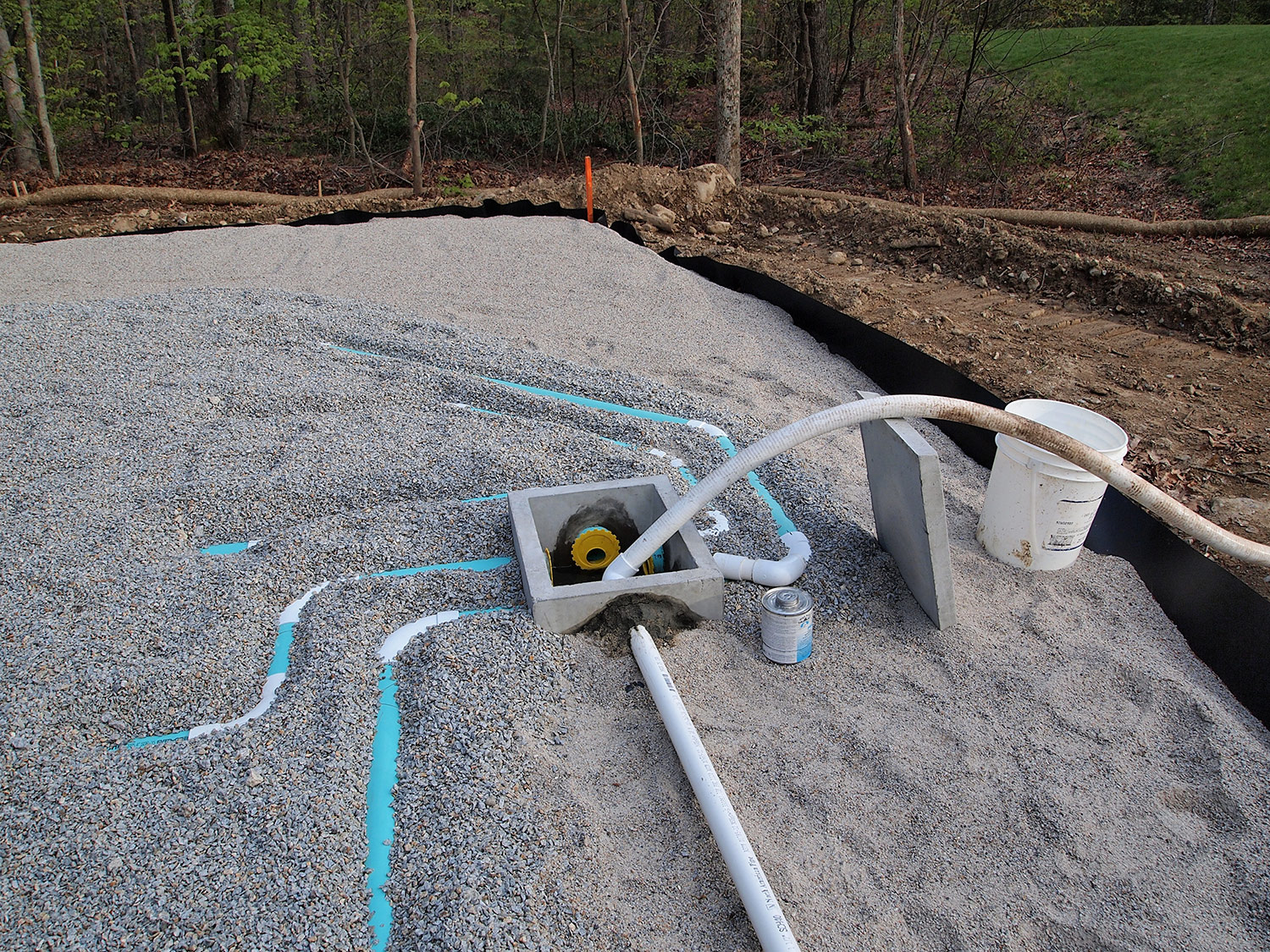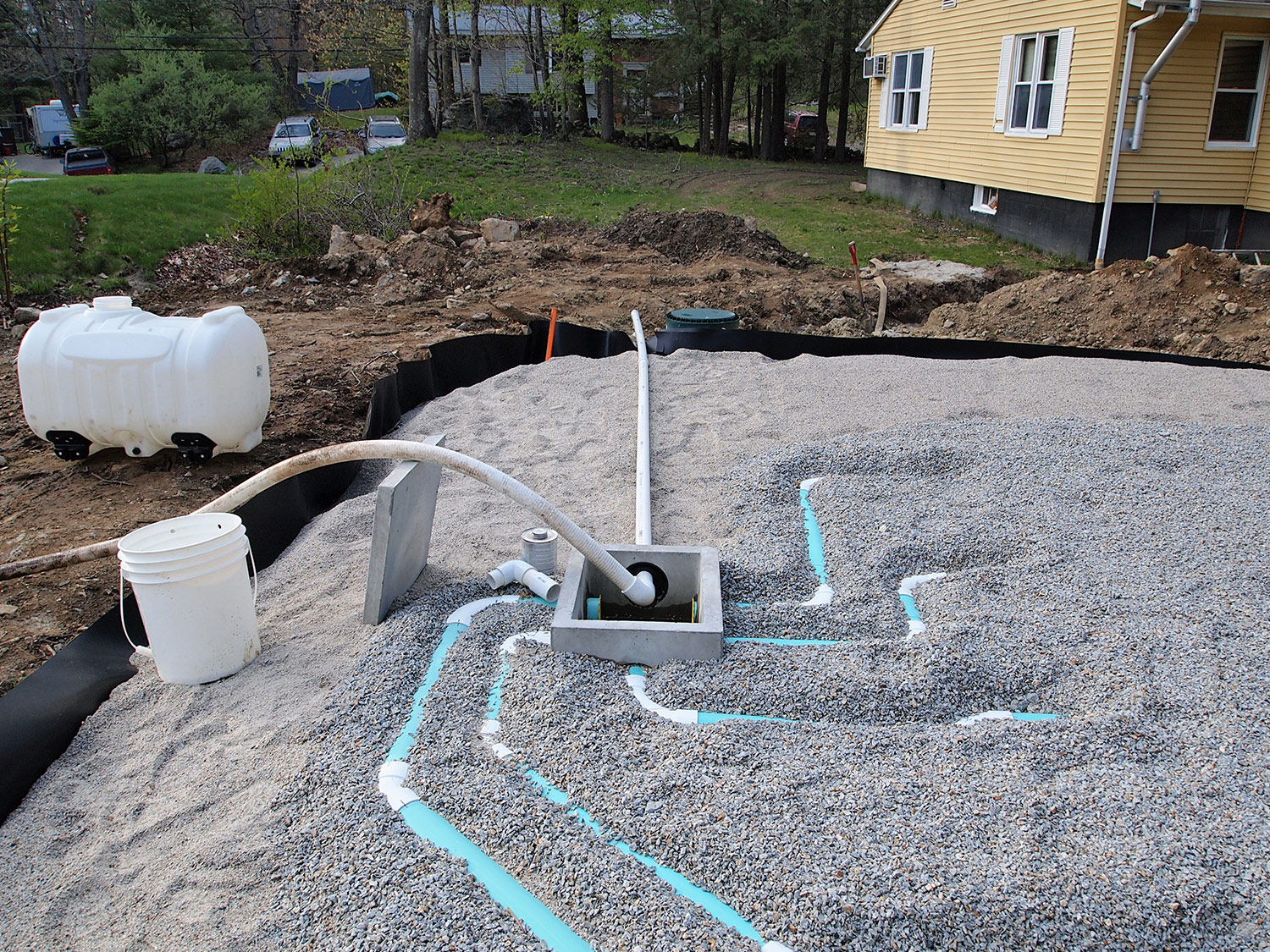
Curious about getting a house with a septic tank or water well? Here’s what you need to know.
Homebuyers deciding between a rural homestead and city living often have to consider where their water utilities will originate. Do they want to live off a well and/or a septic system? Or would they rather plug into a municipal water and sewer line if either are available?
A common question is "which is better?" The answer is that it’s not a matter of one being better than the other. In some instances there simply isn’t a choice — municipal water and sewer aren’t available.
If you do have a choice, understanding how each system works, and the pros and cons of a septic system versus city utilities can go a long way in helping you decide.
Have the septic system inspected
If you’re buying a house with a septic tank, know your state’s laws. Some require a septic inspection before a title transfer, but even if your state doesn’t, your lender might. This will be an additional cost for the buyer, as traditional home inspections don’t include a septic system.
If you are buying a house with a septic system, it is recommended that you open the tank and have a full visual inspection. Find out if it’s full of solids or is there evidence that it’s been flooded?
A basic inspection, includes probing the drain field. Probing the drain field (also called a leach field) is necessary to determine the layout of the drainage pipes below ground and the saturation level of the soil. If there are excessive wet areas, there could be a problem.
The inspection might also include a dye test, in which a fluorescent dye is injected into the system to determine if sewage is leaking.
Pros and cons of a septic system h3
If “no monthly sewer bill” popped into your mind as the biggest asset to having a septic system, hold your horses. Many buyers want septic so as to avoid having sewer bills. And while it’s easy to understand this thought process, they don’t understand that there are expenses they need to consider.
Pumping out the septic tank is required to remove the sludge and scum that accumulates. How often it’s pumped is determined by the tank size and how many people live in the home.
Most tanks are 1,000 gallons for a three-bedroom house or smaller, which would average $265 to pump. A four-bedroom house or larger might require a 1,500-gallon tank, which would cost $320 to pump.
It is usually recommended you clean out your system every three to five years, but it’s going to be different depending on your local water tables and local codes. Contact your local health department for their recommendation.
Have the septic system checked by a reputable company before purchasing the property and then remember to take care of it over the years. Septics will serve you faithfully for years if you take care of the basics.
For more information, contact Morse Engineering and Construction.
Source: angieslist.com



